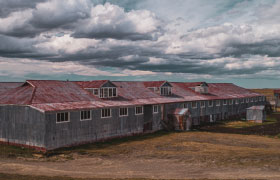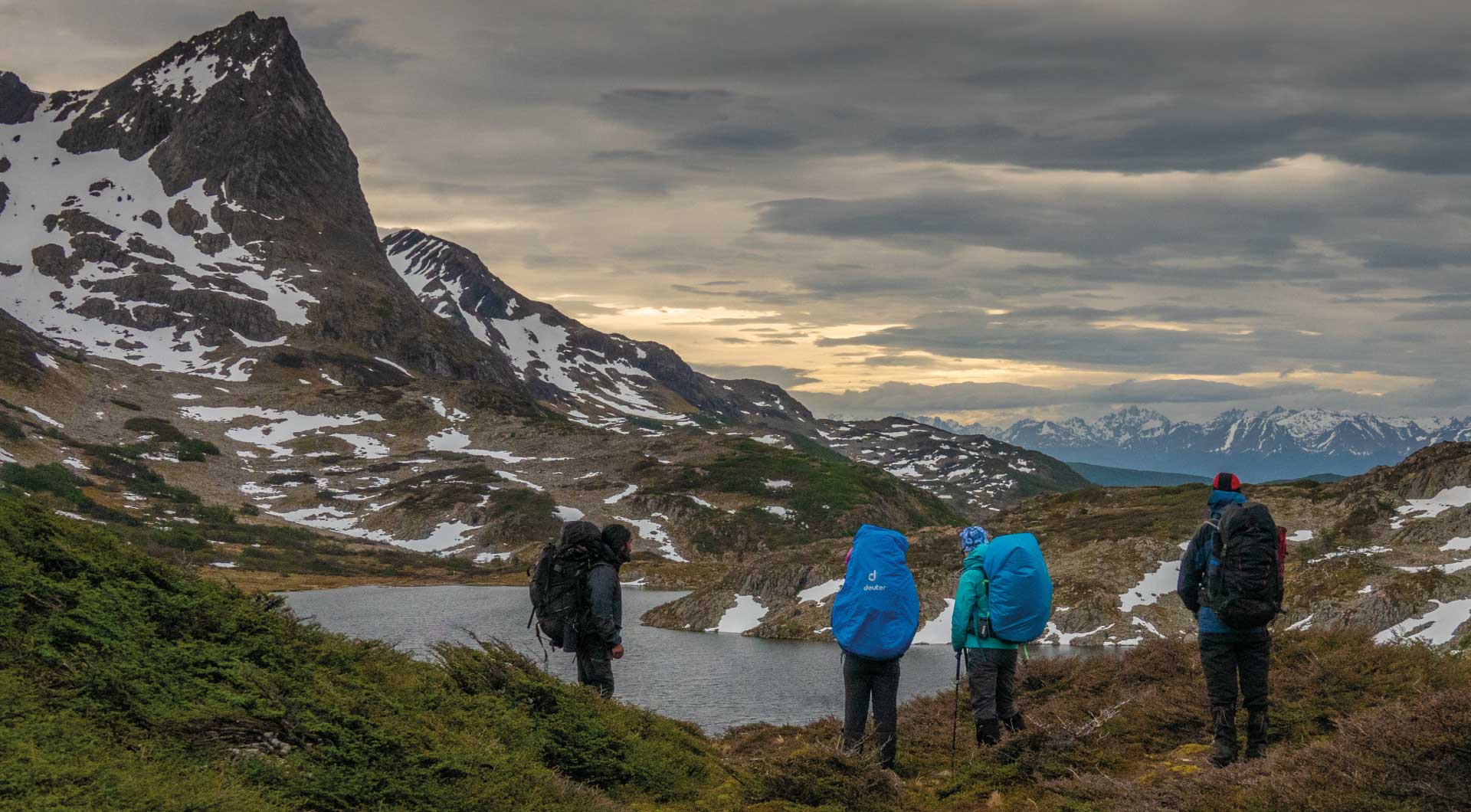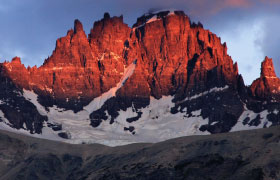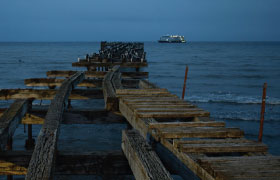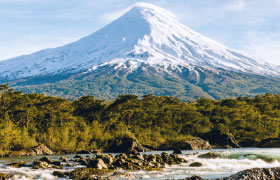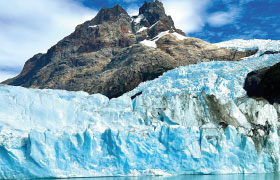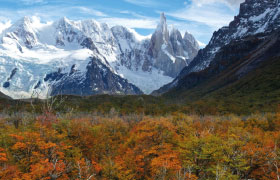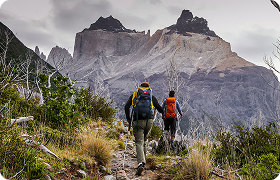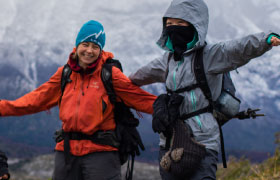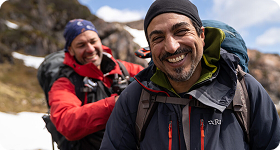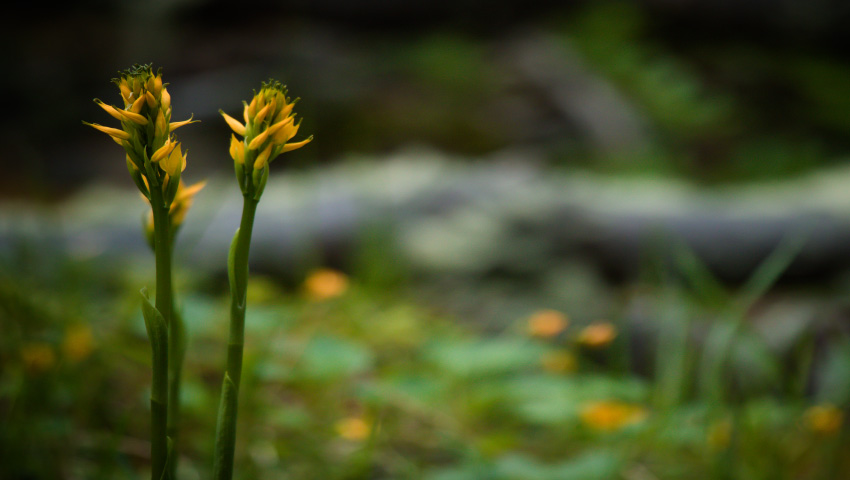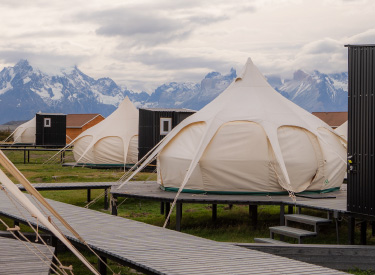
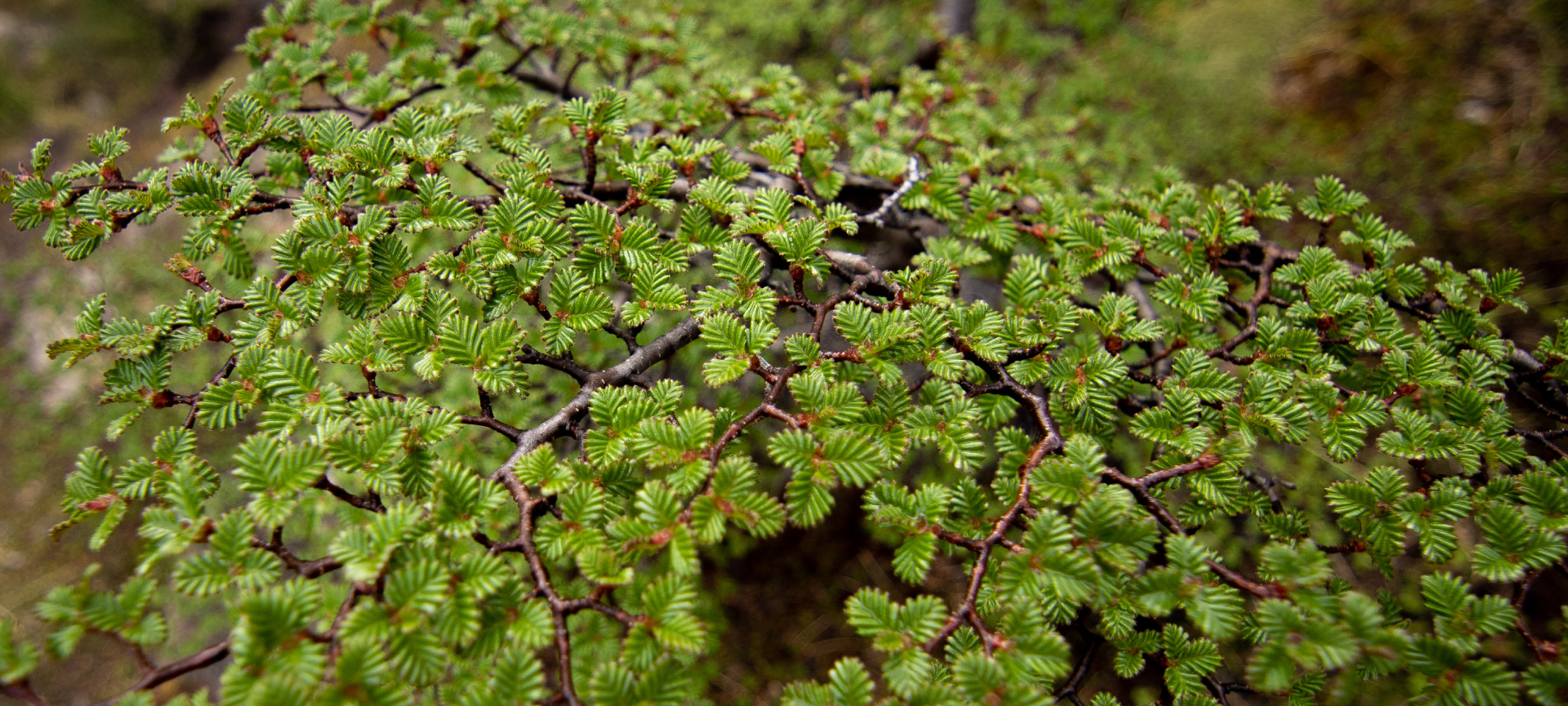
Chile Nativo: Commited to carbon offsetting and reforestation
In the tourism industry, it is crucial to be aware of our environmental impact. Travel, although enriching, generates carbon emissions that affect the planet. At Chile Nativo, we understand the importance of addressing this challenge. Since committing to a climate action plan in 2020, we have worked tirelessly to integrate sustainable practices into our adventure experiences. Now, we are taking our actions even further with a mission that involves carbon compensation and ancestral reforestation.
A Commitment to Reforestation of Chile’s Native Forests
After the success of the ATTA Carbon Neutral event (AdventureNEXT Patagonia 2022), Chile Nativo has adopted a comprehensive approach to offset carbon emissions while supporting the reforestation of Chile’s native forests. We have partnered with Wiñolfe Anumka, a network of nurseries run by Mapuche-Pehuenche families located in the Araucanía region in southern Chile. This network works to reforest the Andean lands of Araucanía using sustainable practices, applying the Miyawaki method, which mimics how a forest would naturally recolonize.
What is Wiñolfe Anumka? A Sustainable Reforestation Project
Wiñolfe Anumka, meaning “traveling trees,” aims to restore the native forests of southern Chile. By collecting seeds from the temperate rainforest, the Mapuche-Pehuenche families of Kurarewe cultivate and plant them in deforested areas. This approach not only combats climate change but also strengthens cultural ties, promoting the connection between communities and their natural environment.
How Chile Nativo is Offsetting Carbon from Its Adventures
To offset the emissions generated by the AdventureNEXT Patagonia event (12,190 kg of CO2), Chile Nativo carefully calculated the carbon footprint with the help of sustainable engineer Gricel Hormazábal Urbina. To compensate for this amount, 44 native trees were planted in the Araucanía region through the Wiñolfe Anumka network. Each reforested tree nucleus will capture 5 tons of CO2 over 20 years, helping to mitigate the environmental impact of tourism activities.
Chile Nativo incorporates regeneration as a circular strategy in adventure tourism. By working with Wiñolfe Anumka, we are directly contributing to the regeneration of native forests while supporting local communities and promoting more sustainable tourism. This action aligns with the Sustainable Development Goals (SDGs), especially concerning Climate Action and Life on Land.
What Are Carbon Credits and How Do They Help the Environment?
Carbon credits are a key tool in reducing greenhouse gas emissions, helping to mitigate climate change. These credits allow businesses and individuals to offset their carbon footprint by investing in projects that reduce, eliminate, or avoid emissions. Chile Nativo is committed to purchasing carbon credits, supporting reforestation projects like those of Wiñolfe Anumka, to combat global warming.
Reducing the Carbon Footprint in Tourism: Chile Nativo’s Actions
Chile Nativo’s carbon footprint has been calculated in three main categories: directly related processes (such as offices), processes associated with suppliers (such as transportation and accommodation), and indirect processes (including waste management and facility maintenance). Each action is aimed at reducing pollution and promoting circular economy practices, ensuring that our tourism operations are increasingly sustainable.
Carbon Compensation: An Investment in the Future
Carbon compensation is an investment in the regeneration of our forests and the well-being of local communities. By working with Wiñolfe Anumka, Chile Nativo supports the planting of native tree nuclei in Araucanía, helping capture tons of CO2 and preserving the region’s biodiversity.
At Chile Nativo, we are committed to climate change and environmental protection. Through our sustainable tourism practices, carbon compensation, and ancestral reforestation with Wiñolfe Anumka, we are working to leave a positive legacy for future generations. Join us on this journey towards more responsible and sustainable tourism.

